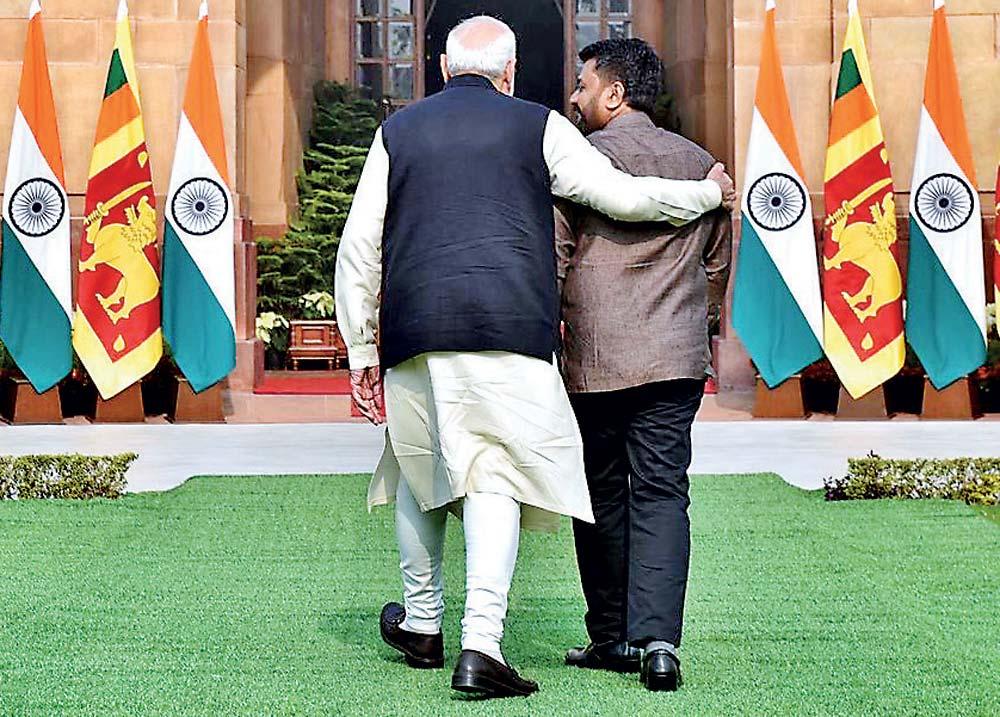India: A Pillar of Regional Development and Shared Prosperity

- India: A Pillar of Regional Development and Shared Prosperity by Ankit K
As an age-old saying reminds us, “The strength of a nation lies in the prosperity of its neighbors.” India has embraced this principle with conviction, shaping a foreign policy that sees regional development as a strategic imperative rather than a charitable gesture. At the heart of this approach is the ‘Neighbourhood First’ policy — a doctrine that places the welfare, connectivity, and growth of South Asian nations at the core of India’s diplomatic priorities.
India’s vision of regional cooperation is not just rhetorical. Through tangible projects and targeted initiatives, it has emerged as a reliable partner in development for countries such as Sri Lanka, Nepal, Bhutan, Bangladesh, the Maldives, and Myanmar. The focus spans across modernizing cross-border infrastructure, expanding energy and digital connectivity, offering humanitarian assistance, and strengthening people-to-people ties.
In Sri Lanka, India has played a crucial role in railway modernization, with the recent upgradation of the 128 km Maho-Omanthai railway line and advanced signaling systems backed by over $100 million in Indian assistance. These projects significantly enhance mobility and economic connectivity across the island. In Nepal, cooperation is advancing rapidly in hydropower and energy trade. Projects like the 900 MW Upper Karnali Hydropower Project are expected to transform Nepal into a clean energy exporter to India. The operational Motihari-Amlekhgunj petroleum pipeline further illustrates India’s role in promoting shared energy security.
Bhutan continues to benefit from India’s support in hydropower, with projects like the Nikachhu Hydropower Plant exporting surplus energy to Assam. The collaboration now extends to solar energy, underscoring a shift towards diversified clean energy partnerships. Meanwhile, in Bangladesh, India supports infrastructure, digital connectivity, and cross-border rail and road links, deepening economic integration.
India’s role as a “first responder” in times of crisis was reaffirmed during the COVID-19 pandemic. Its vaccine diplomacy, including supplies to neighbors under the “Vaccine Maitri” initiative, demonstrated India’s capacity to lead with empathy. This follows a history of timely disaster relief, reflecting its broader “disaster diplomacy” ethos.
The Indian Technical and Economic Cooperation (ITEC) Programme also remains vital. It equips thousands across South Asia with skills in areas ranging from cybersecurity and fintech to Ayurveda and AI, enhancing regional human capital. These initiatives are complemented by cultural exchanges under the Indian Council for Cultural Relations (ICCR), strengthening the soft power dimension of India’s outreach.
Connectivity is the linchpin of India’s regional strategy. The BBIN Motor Vehicles Agreement, now in advanced implementation stages, promises seamless road transport among Bangladesh, Bhutan, India, and Nepal. The India-funded Kaladan Multi-Modal Transit Transport Project in Myanmar, set for completion by 2027, will create a new trade route linking India’s northeast to Southeast Asia.
India’s growing trade with its neighbors—particularly Bangladesh, Sri Lanka, and Nepal—highlights its role as a crucial market and partner. While trade imbalances persist, India actively supports capacity building and market access to foster mutual benefits.
In a region marked by diversity and complexity, India’s approach remains rooted in partnership, not patronage. Its efforts are designed to respond to the aspirations of its neighbors, creating pathways for collective growth, security, and resilience—hallmarks of a shared South Asian future.
Ankit2841@protonmail.com
Asst Professor in International Relations, National Defence University , Gujarat, India
The post India: A Pillar of Regional Development and Shared Prosperity appeared first on Newswire.

